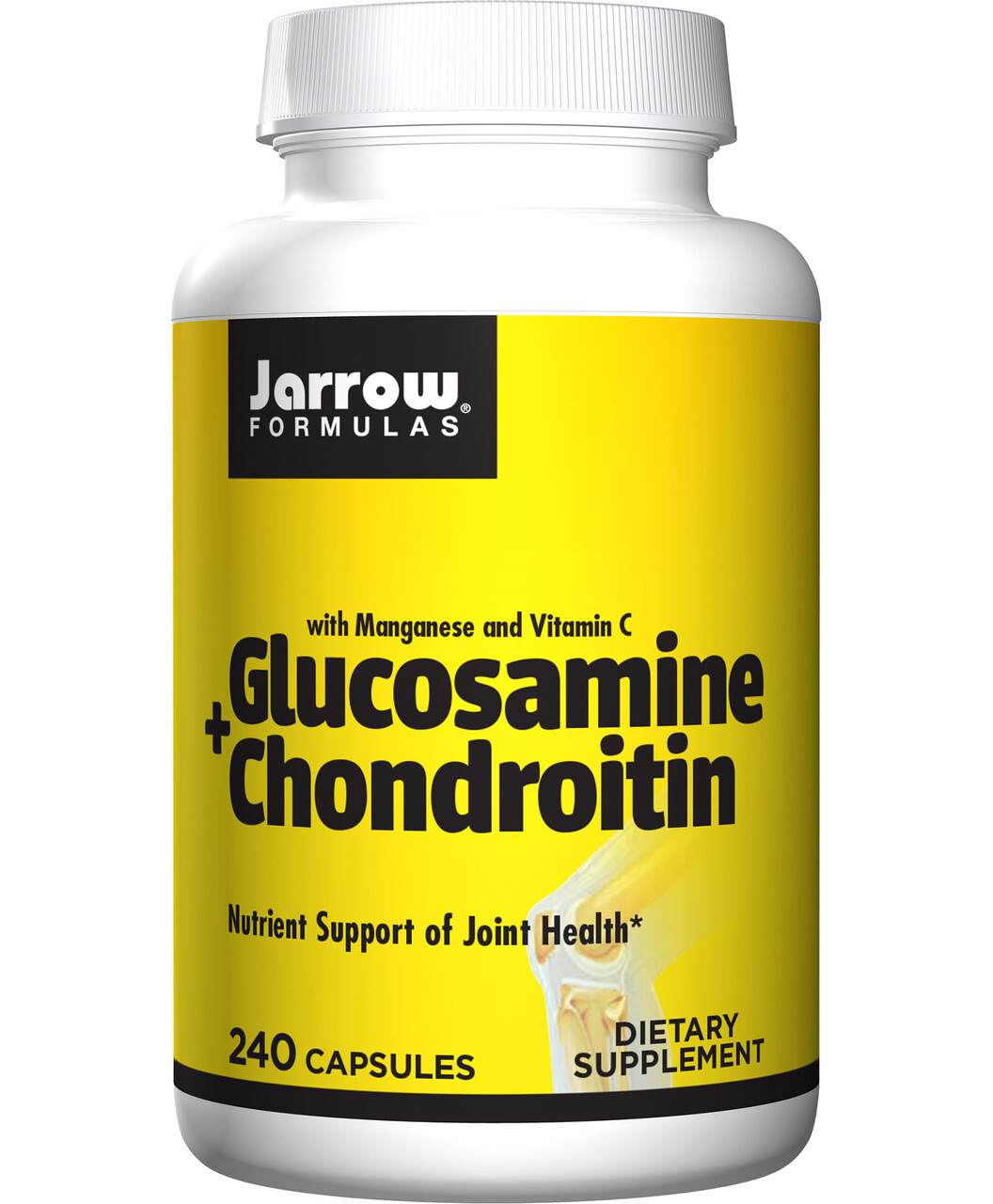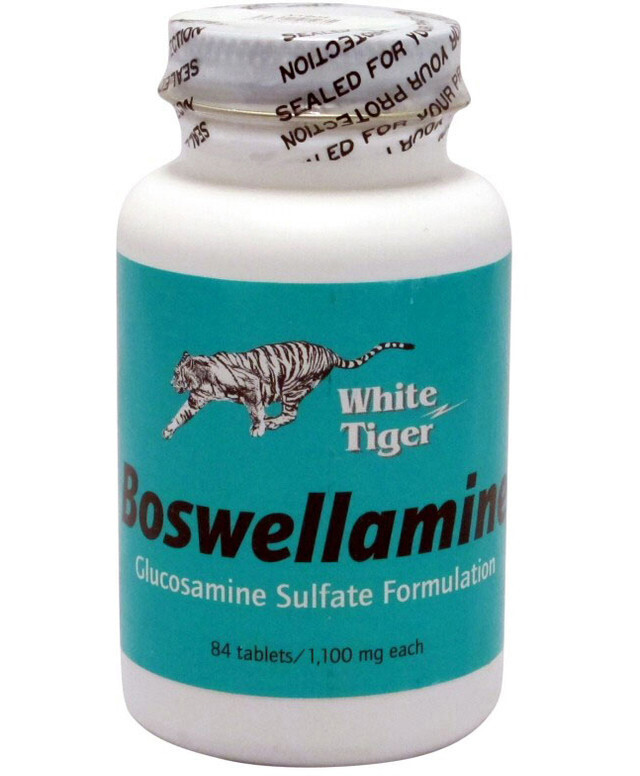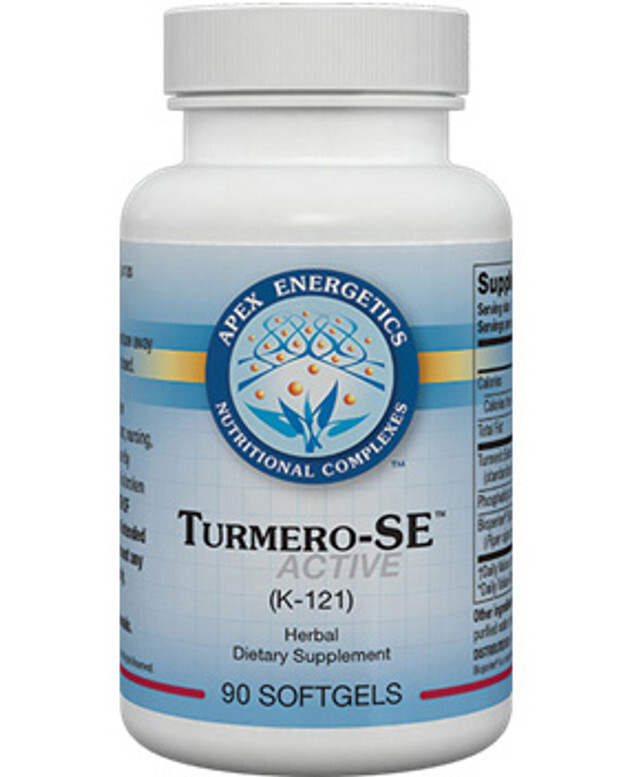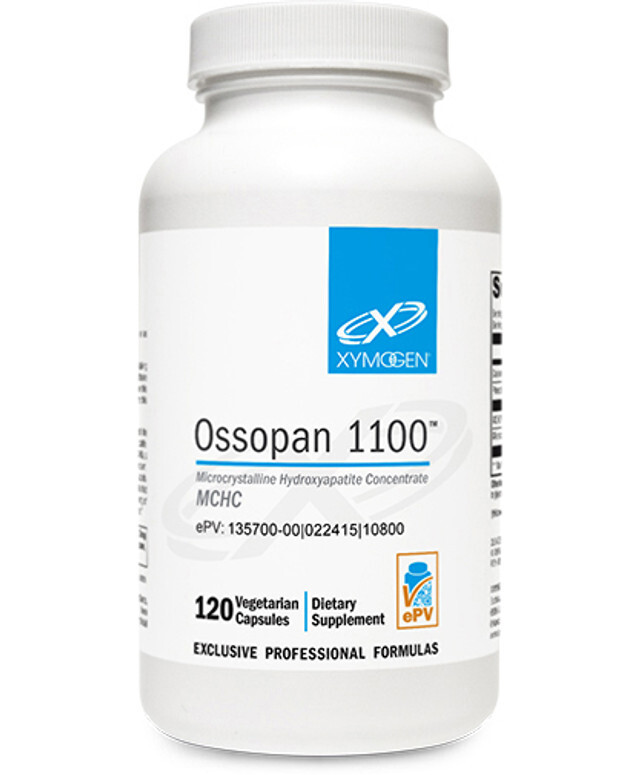How to Improve Joint Health and Strength Naturally
Apr 30, 2025
Maintaining optimal joint health is essential for preserving mobility, flexibility, and overall quality of life. If you've ever felt that subtle ache in your knees after a long walk, or experienced stiffness in your fingers when you wake up, you're not alone—and it's not something you just have to "live with." Many people, especially those interested in natural solutions, actively seek ways to improve joint health without relying solely on conventional medications.
We understand that joint discomfort isn’t just a physical issue; it affects your energy, freedom to move, ability to enjoy everyday activities, and even your long-term wellness. Whether you're exploring supplements, considering changes to your routine, or searching for holistic strategies to support longevity and vitality, this article will walk you through the evidence-based, natural steps to maintain good joint health while staying aligned with your holistic, sustainable well-being values.
Understanding Joint Health
Joints are complex structures comprising bones, cartilage, synovial fluid, ligaments, and muscles. Cartilage acts as a cushion, preventing bones from rubbing against each other, while synovial fluid lubricates the joint, facilitating smooth movement. Maintaining healthy joints involves preserving cartilage integrity, ensuring adequate lubrication, and supporting the surrounding muscles and ligaments.
Factors Affecting Joint Health
Several factors can impact joint health:
- Age: As we age, cartilage can degrade, and synovial fluid production may decrease, leading to stiffness and discomfort.
- Weight: Excess body weight increases stress on weight-bearing joints like the knees and hips, accelerating wear and tear.
- Physical Activity: Both inactivity and overuse can harm joints. Regular, moderate exercise supports joint function, while excessive or insufficient activity can lead to problems.
- Diet: Nutritional choices influence inflammation levels and the availability of nutrients essential for joint repair and maintenance.
- Genetics: A family history of joint issues or arthritis can predispose individuals to similar conditions.
Natural Strategies to Improve Joint Health
Implementing natural approaches can significantly enhance joint health and prevent discomfort:
1. Maintain a Healthy Weight
Excess weight stresses joints, particularly the knees, hips, and lower back. Achieving and maintaining a healthy weight reduces this burden, decreasing the risk of joint damage and pain. Weight loss can also alleviate existing joint discomfort and improve mobility. Losing even a small amount of weight can positively impact joint health.
2. Engage in Regular, Low-Impact Exercise
Physical activity strengthens the muscles surrounding joints, providing better support and reducing strain, making it a cornerstone in any plan to improve joint health. Low-impact exercises are gentle on the joints while still offering significant benefits. Activities like swimming, cycling, and yoga can enhance flexibility and range of motion without placing excess stress on vulnerable areas. Regular exercise also promotes the production of synovial fluid, which lubricates joints and supports smoother, more comfortable movement.
3. Adopt an Anti-Inflammatory Diet
Chronic inflammation contributes to joint pain and degradation. Consuming a diet rich in anti-inflammatory foods can help mitigate this effect. Incorporate foods like fatty fish (rich in omega-3 fatty acids), leafy greens, nuts, and berries. These foods contain nutrients that combat inflammation and support joint health. Limiting processed foods, sugars, and saturated fats is also beneficial.
4. Stay Hydrated
Adequate hydration is vital for maintaining synovial fluid's lubrication and shock-absorbing properties within joints. Drinking sufficient water throughout the day ensures that joints remain well-lubricated, reducing friction and wear. Dehydration can decrease synovial fluid production, resulting in joint stiffness and discomfort.
5. Incorporate Joint-Supporting Supplements
Certain supplements have been shown to support joint health by reducing inflammation, promoting cartilage repair, and enhancing lubrication. AcuAtlanta offers a variety of natural supplements designed to improve joint function.

Glucosamine + Chondroitin 240 capsules
This powerful pair is essential for cartilage maintenance and joint cushioning. Glucosamine and chondroitin support the structural matrix of joints, reducing degradation and enhancing mobility.

Boswellamine
Formulated with herbs like Dipsacus and Myrrh, Boswellamine by White Tiger offers synergistic support to reduce inflammation and protect against cartilage breakdown.

Turmero-SE (Curcumin Extract)
Curcumin, the active compound in turmeric, is celebrated for its anti-inflammatory potential. Turmero-SE by Apex Energetics is a bioavailable curcumin formula designed for rapid absorption.

Collagenex 2
Type II collagen is a key component of cartilage structure. Collagenex 2 promotes the body’s natural collagen production, which is crucial for stronger joints and connective tissue.

Vitamin D
Maintaining optimal levels of Vitamin D supports calcium absorption and bone strength. For effective dosing, consider Vitamin D 5000 IU by Allergy Research Group.

Omega-3 Fatty Acids
Omega-3s help reduce the inflammatory response linked to arthritis and joint pain. OmegaGenics Fish Oil EPA-DHA provides potent anti-inflammatory support.

Ossopan
Ossopan 1100 is a microcrystalline hydroxyapatite complex that supports bone formation and density.
Building Muscle Strength to Support Joint Health
Muscle strength plays a critical role in protecting and stabilizing joints. Strong muscles act as shock absorbers, reducing the stress placed on your joints during daily movements and helping to prevent injury. This is particularly important for those dealing with health conditions like rheumatoid arthritis, where joint structures may already be compromised.
Regular strength training alongside aerobic exercise can significantly improve joint support and mobility. Aerobic activities, such as brisk walking or swimming, enhance circulation and support healthy inflammatory responses. Combined with resistance-based workouts, these activities can also promote increased bone mass and density, which are key to maintaining strong bones and resilient joints as you age.
Nutritionally, support your muscle and joint health by including leafy vegetables (like kale and spinach) rich in vitamin K, calcium, and magnesium. These essential nutrients help fortify bones and contribute to muscle function. Additionally, healthy fats like those found in olive oil offer anti-inflammatory properties that benefit muscle recovery and joint comfort.
By building muscle strength through movement and nutrition, you’re taking an integrative approach to joint protection that addresses structure and function.

Lifestyle Integration for Joint Support
Resistance Training & Weight-Bearing Exercises
Activities like resistance bands, squats, or light dumbbell training help stimulate bone formation and strengthen supporting muscles.
Sleep & Recovery
During rest, the body repairs tissues, including cartilage and synovial membranes, which are essential to improving joint health over time. Aim for 7–9 hours of quality sleep per night to support this natural recovery process. Consider magnesium supplements to enhance sleep quality and ensure your joints get the restorative benefits they need.
Improving joint health naturally is a holistic journey combining smart nutrition, daily movement, and targeted supplementation. By integrating AcuAtlanta’s practitioner-grade products into your wellness routine, you take proactive steps toward strong, flexible, pain-free joints.
Frequently Asked Questions
How Do I Make My Joints Stronger?
To strengthen your joints, incorporate resistance training, such as weight-bearing exercises and bodyweight movements, to build supporting muscles. Pair this with a diet rich in nutrients like collagen, calcium, and magnesium. Warm up properly and allow adequate recovery time to avoid overuse injuries.
How Can I Lubricate My Joints Naturally?
Natural joint lubrication relies on staying hydrated, engaging in regular low-impact movement, and consuming omega-3 fatty acids in fish oil and flaxseeds. These support synovial fluid production, which cushions and lubricates the joints.
What Are Signs of Weak Joints?
Common signs of weak joints include joint stiffness, cracking or popping noises, swelling, instability, and a reduced range of motion. You might also notice discomfort after prolonged activity or difficulty with movements that used to feel easy.
Which Vitamin Is Good for Joints?
Vitamin D helps with calcium absorption and supports bone health, while Vitamin C plays a role in collagen synthesis for healthy cartilage. Both are essential in maintaining joint integrity and reducing inflammation.
What Is the Number One Food That Causes Joint Pain?
Highly processed foods like refined sugars, red meats, and trans fats are known to increase inflammation, which can worsen joint pain. Eliminating or reducing these can significantly improve joint comfort and overall inflammation levels.











